Scientists and their families gathered Wednesday at an old rocket research site in Beijing's Huairou district to commemorate the 60th anniversary of China's first atomic bomb test and reflect on the historic "Two Bombs and One Satellite" program.
The milestone marked China's rise as the fifth nation to possess nuclear weapons, following the United States, the Soviet Union, the United Kingdom and France.
Hou Jianguo, president of the Chinese Academy of Sciences, said the development of the Two Bombs and One Satellite program — encompassing China's first atomic bomb, hydrogen bomb and satellite — was a monumental effort that required national unity and resilience.
"The success was a great feat achieved through the concerted efforts of the entire country," Hou said. "Many outstanding scientists answered the call of the Communist Party and the State, working in remote, harsh conditions to forge the spirit of the program."
Hou Xun, a CAS academician and researcher at the Xi'an Institute of Optics and Precision Mechanics in Shaanxi province, recalled the early challenges workers faced in setting up the program.
The academician was involved in the development of Two Bombs and One Satellite program.
"We had almost no equipment when the institute was first established," he said. "In Xi'an, there was no gas, so we had to build our own combustible gas supply system from scratch."
The Yanqi Lake campus of the University of the Chinese Academy of Sciences, which houses China's first rocket research and testing base, has preserved key facilities related to the project. This year, the university renovated its memorial hall dedicated to the Two Bombs and One Satellite programs, displaying items such as China's first satellite and high-speed cameras.
Open to the public since 2015, the hall documents the stories of 17 key figures involved in the program and over 10,000 research and testing personnel. It has welcomed more than 430,000 visitors to date.
Recent additions to the exhibit include manuscripts, clothing worn during historic moments and models of crucial scientific instruments.
Pan Yiyao, a UCAS student and memorial hall guide, emphasized the importance of the legacy.
"The spirit of Two Bombs and One Satellite — love for the motherland, selfless dedication, self-reliance and daring exploration — continues to inspire us as we strive to build a world-class scientific and technological power in the new era," Pan said.









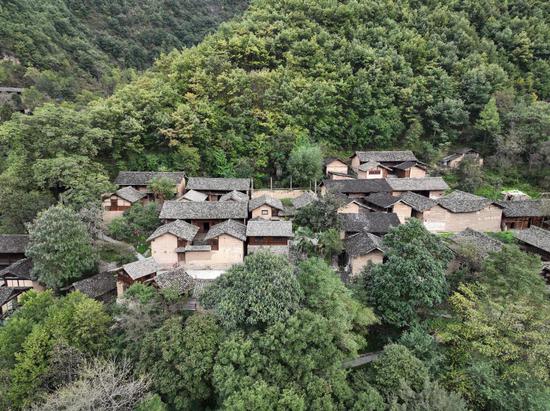
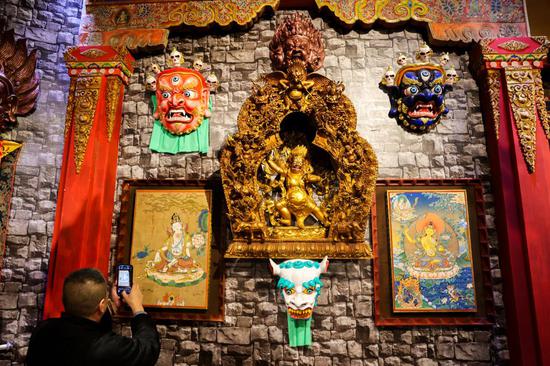
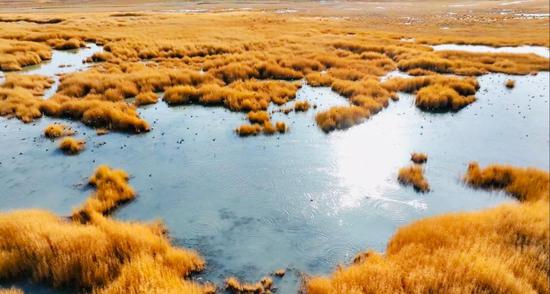
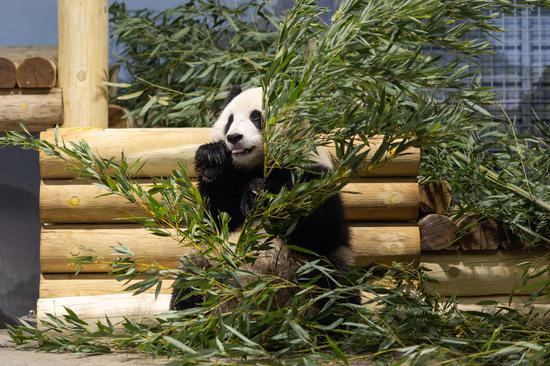
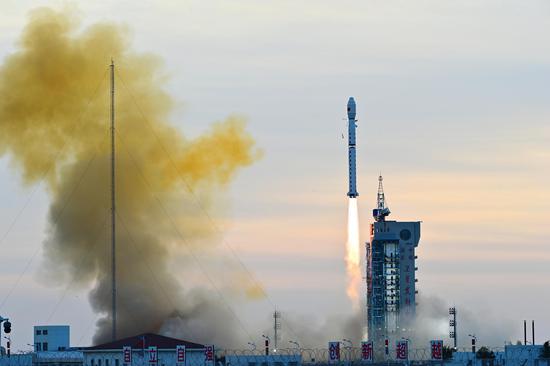
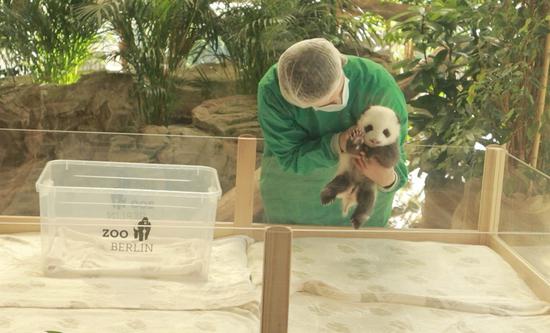
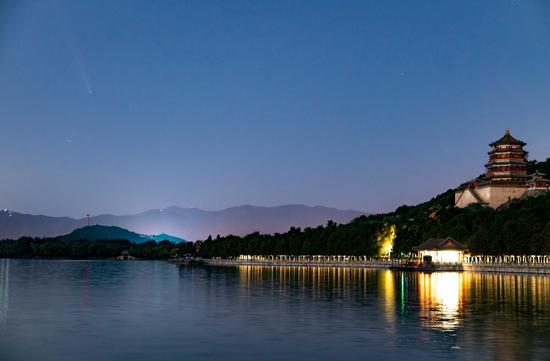

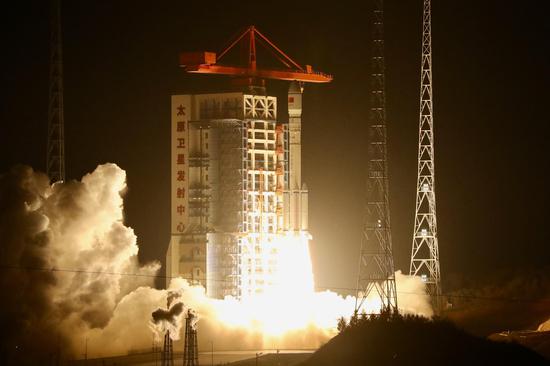
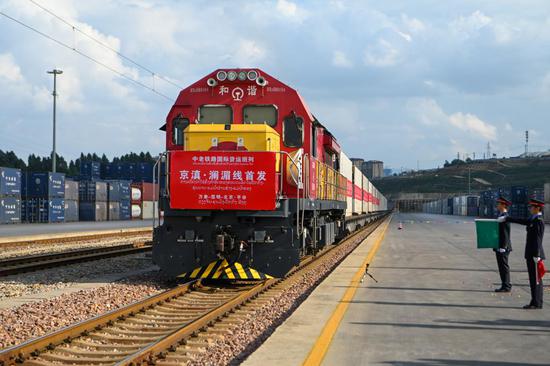


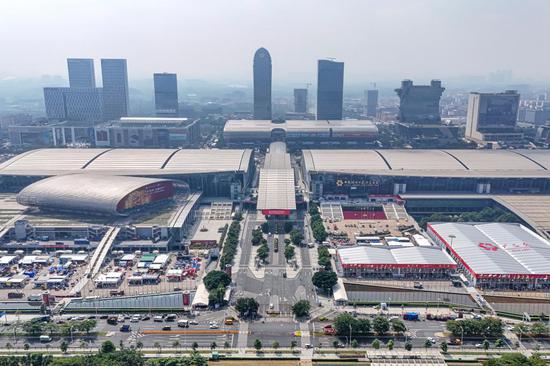
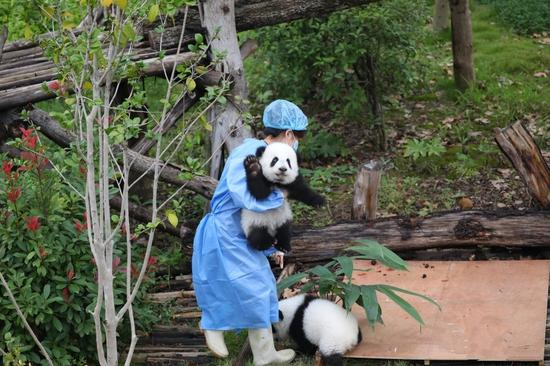
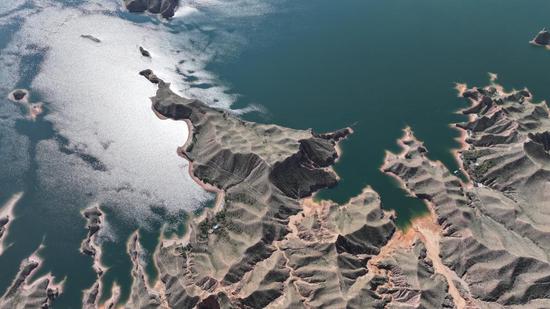

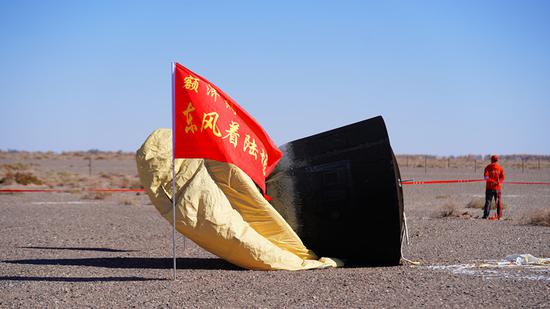
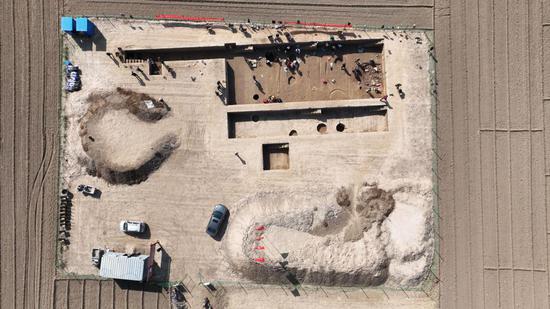
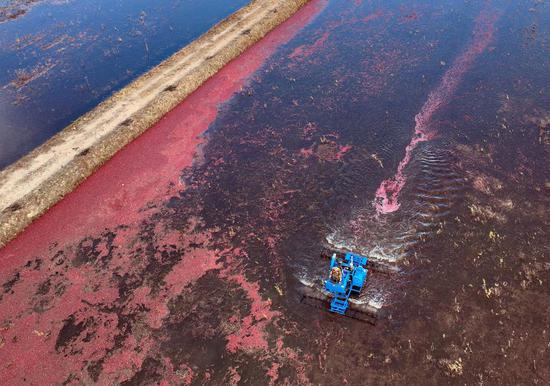


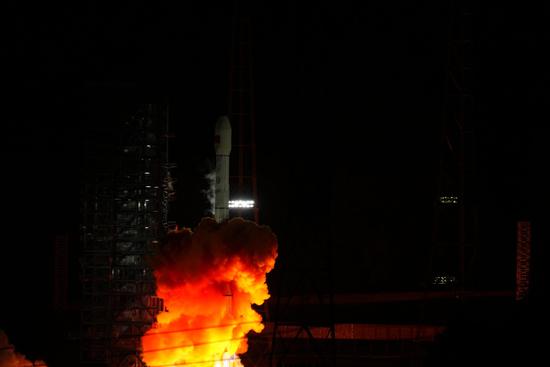

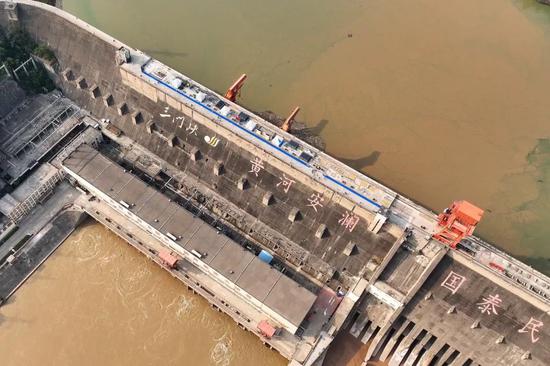
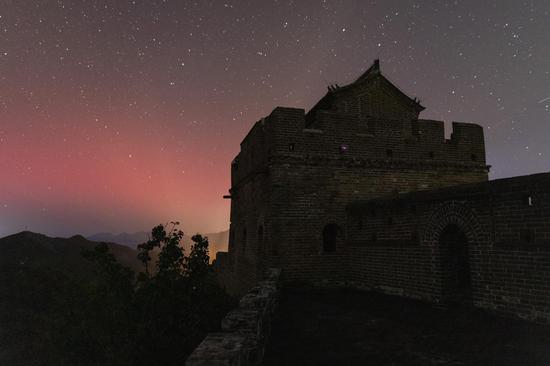


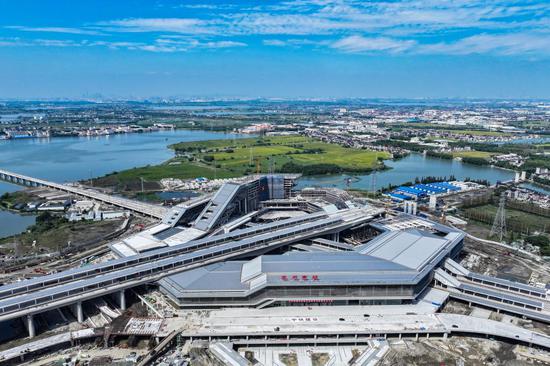

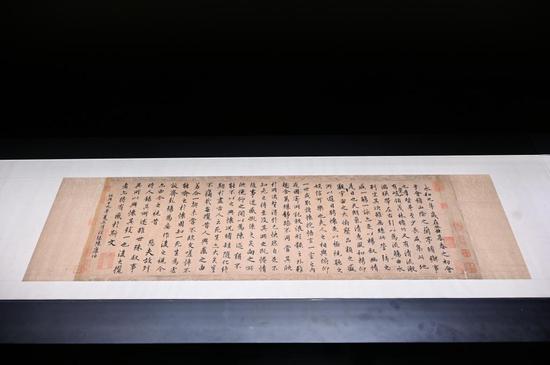

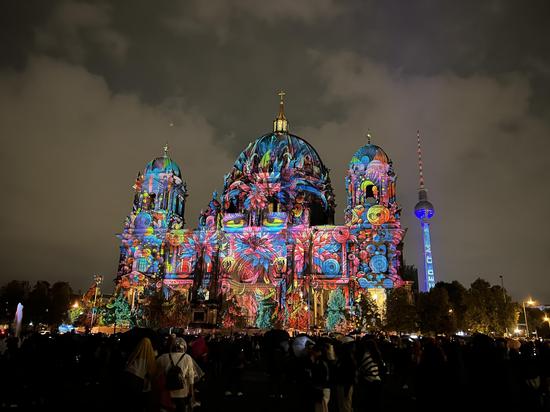
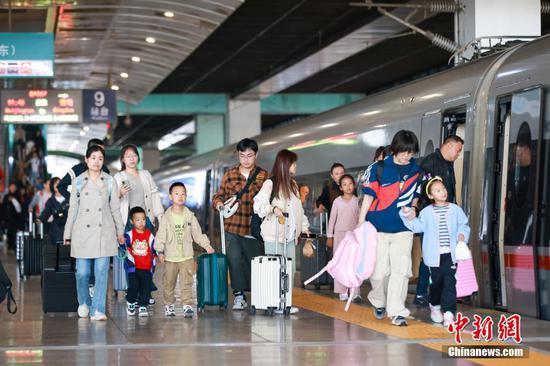
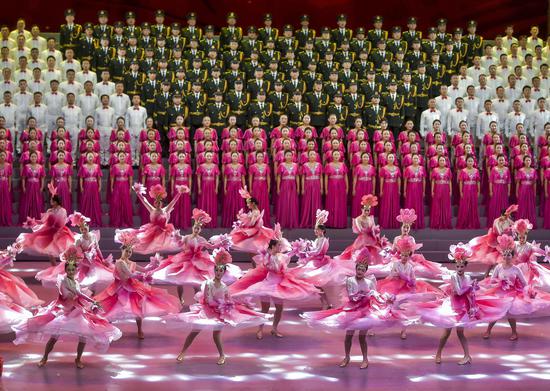
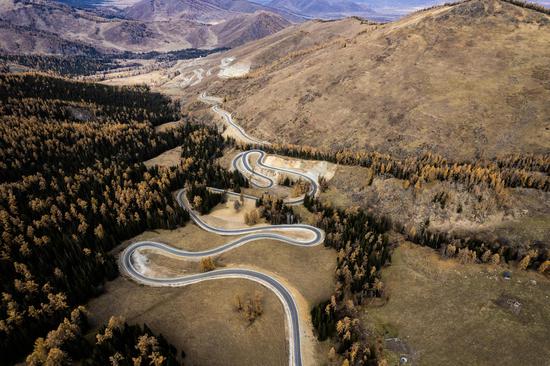






 京公网安备 11010202009201号
京公网安备 11010202009201号